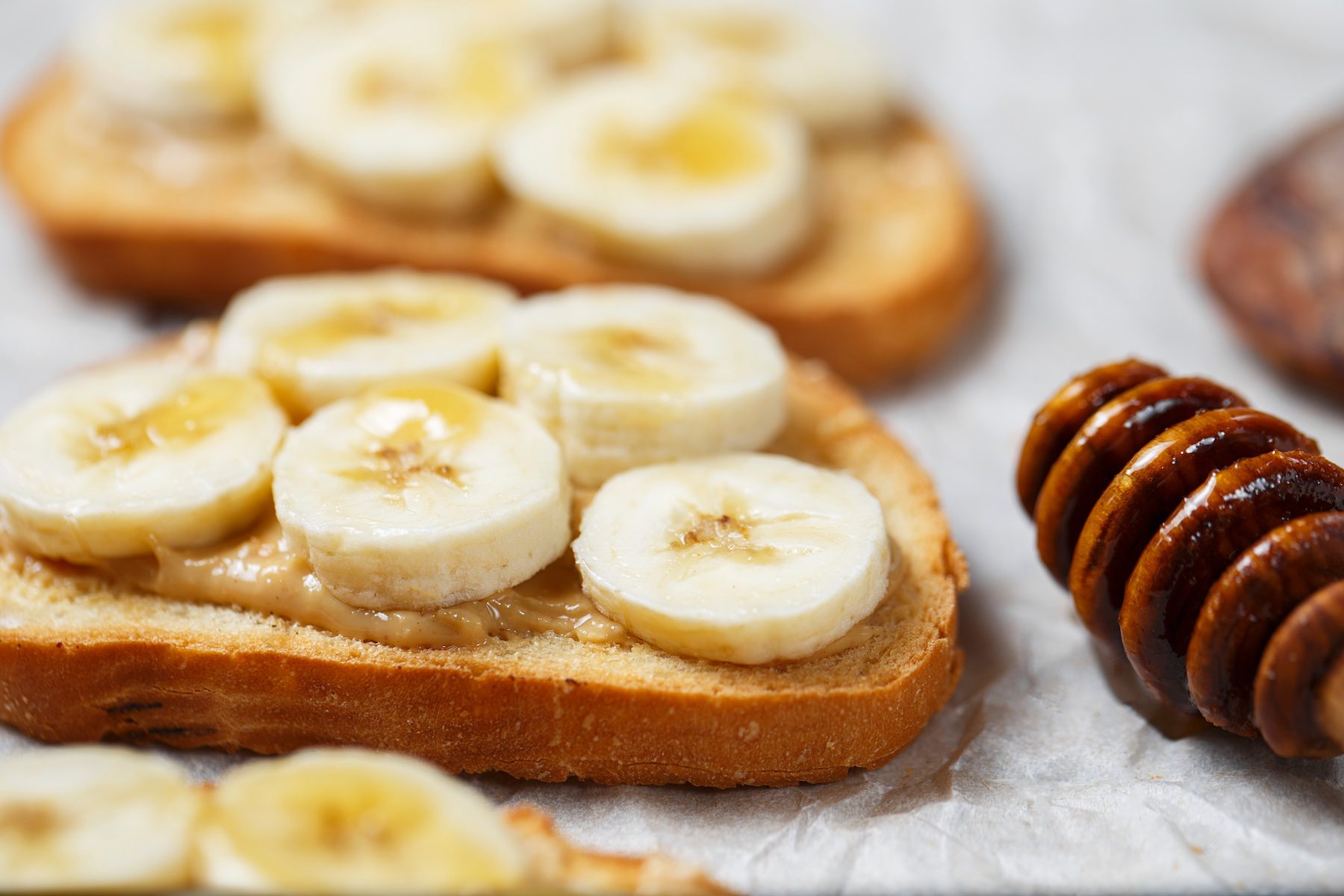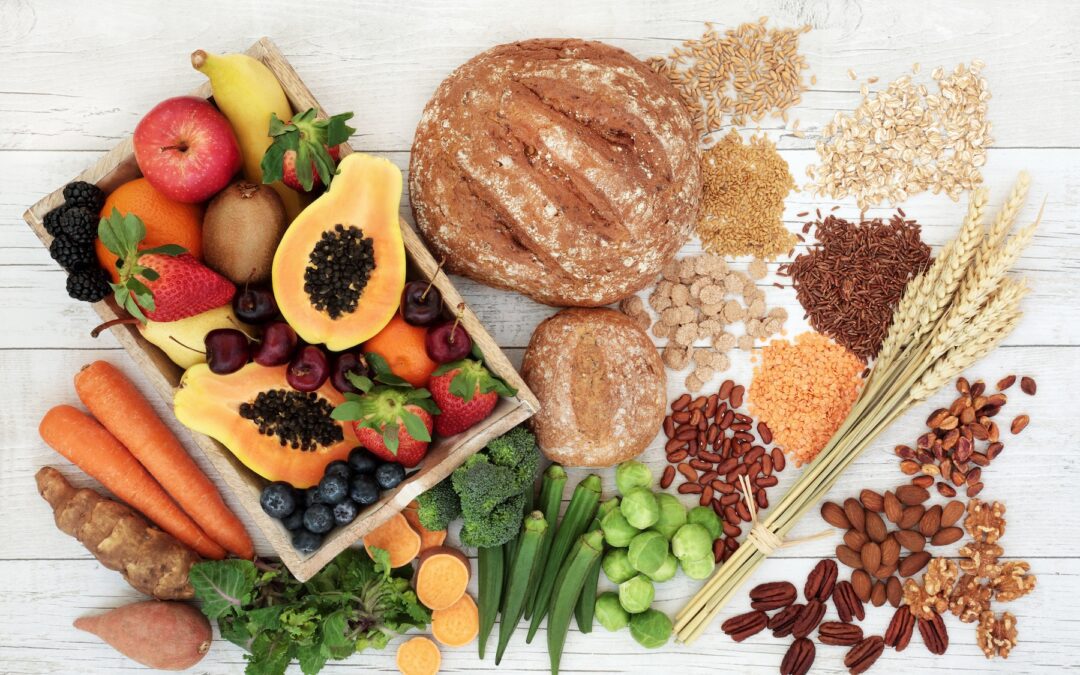Incorporating fibre into your diet offers a plethora of benefits, from supporting digestion to aiding weight management. Fibre, a carbohydrate primarily found in plant-based foods like fruits, vegetables, whole grains, beans, and legumes, plays a crucial role in maintaining our overall well-being. Let’s delve into dietary fibre and discover how you can easily include it in your daily routine.
Table of Contents
Understanding Fibre’s Role in Digestive Health
Fibre is divided into two main categories: insoluble and soluble. Insoluble fibre, abundant in the skins of fruits and vegetables, acts as a natural scrub for your intestines, promoting regular bowel movements and digestive health. On the other hand, soluble fibre forms a gel-like consistency when it interacts with water. This gel binds with fats, slowing digestion and preventing blood sugar spikes.
Easy Ways to Incorporate Fibre into Your Diet
- Opt for Fiber-Fortified Breakfast Cereals: Begin your day with a fibre boost by choosing cereals fortified with dietary fiber. This sets a positive tone for your digestive system right from the start.
- Embrace Wholemeal or Multigrain Bread: Trade your regular bread for wholemeal or multigrain varieties. These choices are rich in fibre and can make a substantial difference in your daily intake.
- Snack Smartly: Swap out unhealthy snacks for fibre-rich options like fruits, vegetables, nuts, seeds, and wholegrain crackers. These choices satisfy your cravings and contribute to your fibre intake.
- Amplify Your Meals with Extra Vegetables: Enhance the nutritional value of your meals by adding extra vegetables. These nutrient-packed additions are an excellent source of fibre, supporting your digestive system.
- Keep the Peel/Skin On: When consuming fruits and vegetables like apples, potatoes, and cucumbers, leave the peel or skin intact. This boosts your fibre intake and maximizes nutritional benefits.
- Check Nutritional Labels: Make it a habit to read nutritional labels, aiming for at least 7g of fibre in meals and 3g in snacks. This approach ensures you’re meeting your daily fibre goals.

The Multifaceted Benefits of Dietary Fibre
Dietary fibre isn’t just a digestive ally; it also plays a pivotal role in reducing the risk of various diseases, including diabetes, cardiovascular disorders, digestive issues, and obesity. The positive effects of high-fibre foods extend to weight management, as they tend to be more satiating. They add volume to your diet without packing excessive calories, curbing the urge to overindulge. Something we love here at equ!
Making Wise Food Choices
Consider the example of a fast-food meal. While it may provide instant satisfaction, the lack of protein and fibre often leads to hunger pangs shortly after consumption. In contrast, a meal of fibre-rich ingredients, like Steak with Roast Vegetables and Sweet Potato Wedges, offers both satiety and nutritional value, keeping you full for an extended period.
Promoting Satiety for Weight Management
Fibre’s ability to induce a feeling of fullness can contribute significantly to weight loss and maintenance. By curbing excessive eating and promoting portion control, fibre aids in reducing the risk of obesity and related health conditions.
Incorporating fibre-rich foods into your diet isn’t just about improving digestion; it’s a holistic approach to enhancing overall well-being. By adopting these simple dietary changes, you’ll embark on a journey towards improved health, sustainable weight management, and reduced disease risk.

